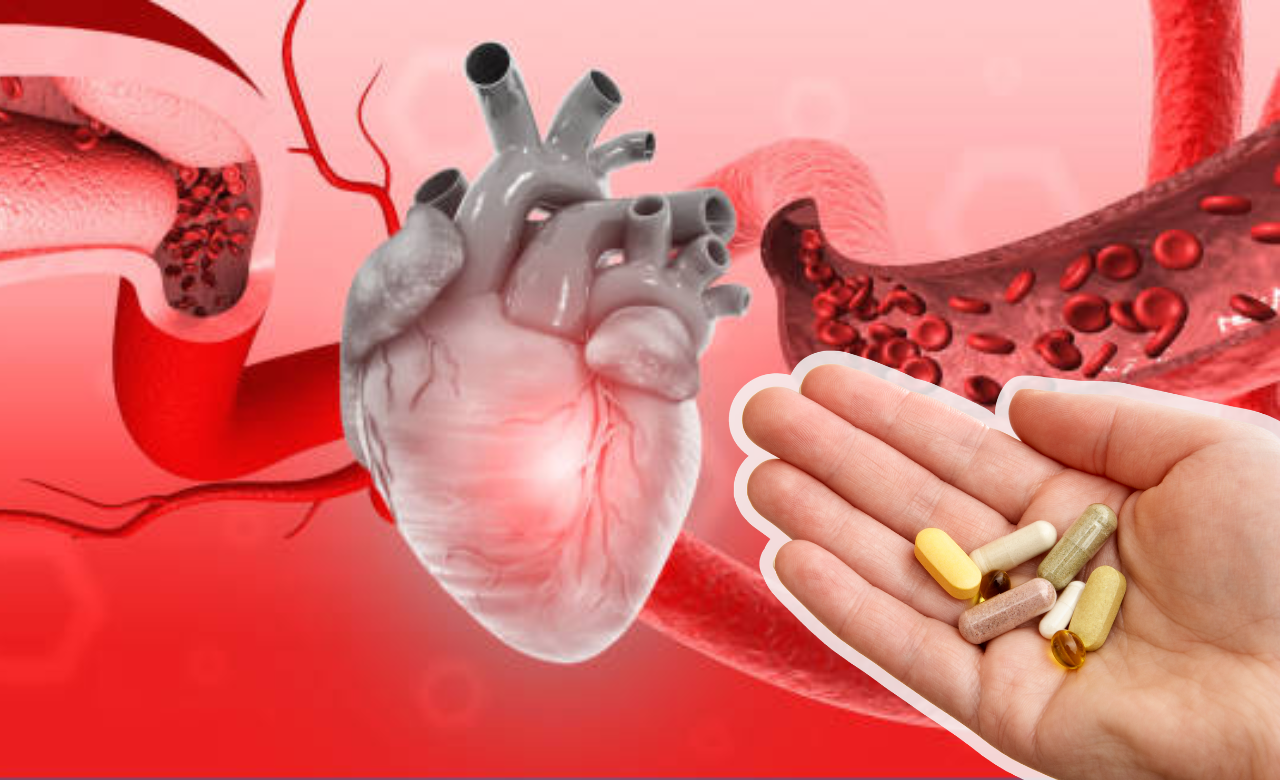3 Supplements That May Sabotage Your Heart Health And Raise Risk Of Stroke

Credits: iStock/Canva
SummaryCertain popular supplements like L-arginine, garlic pills, and red yeast rice may interfere with circulation and increase blood clot risks, potentially triggering heart attacks, strokes, or severe complications.
End of Article
